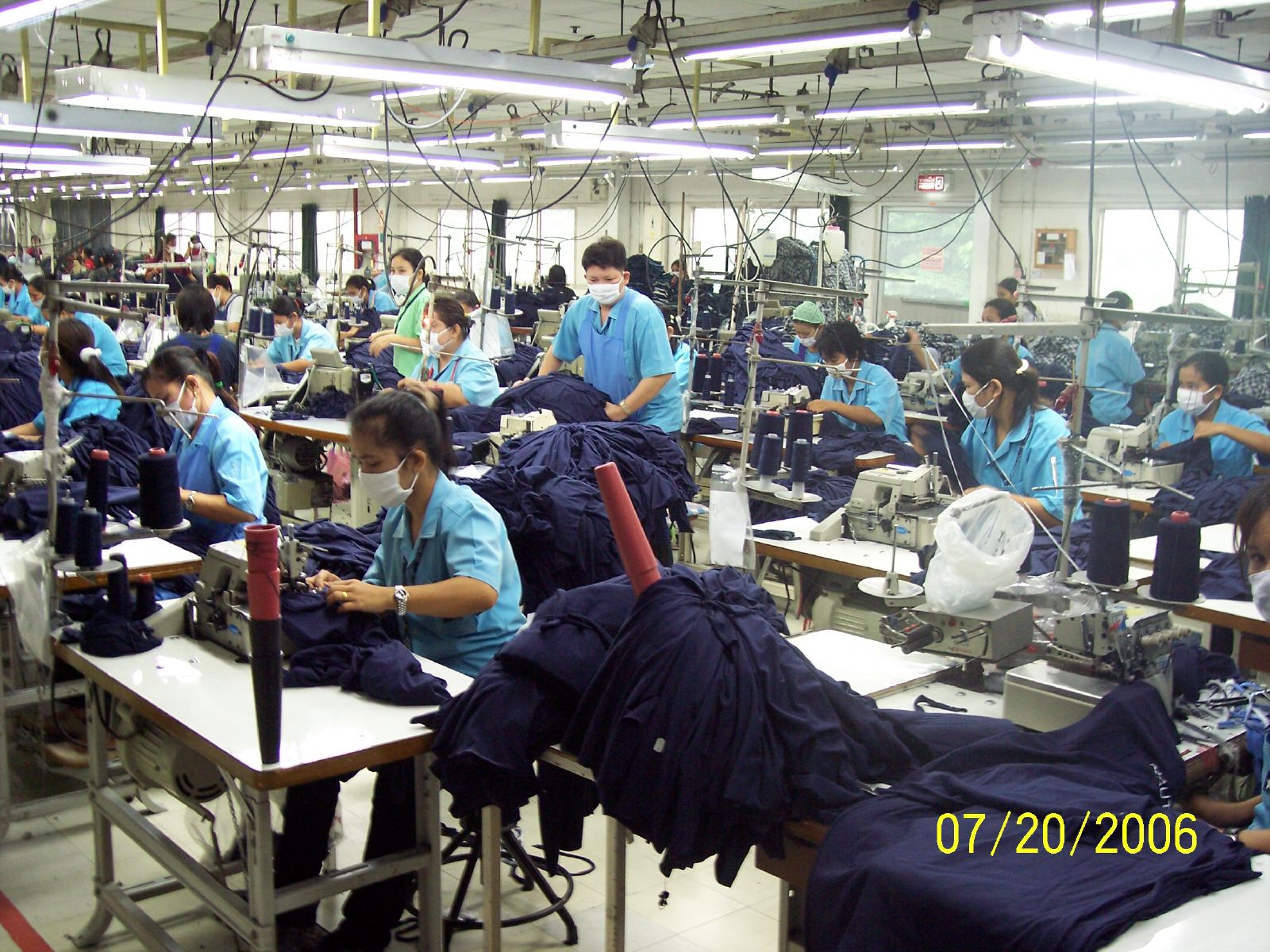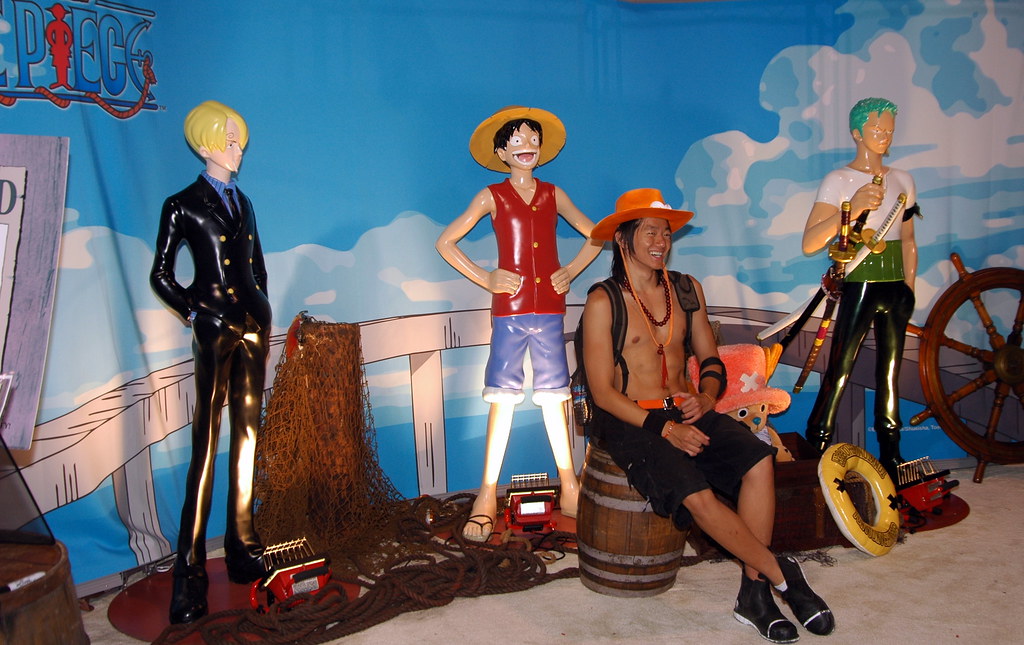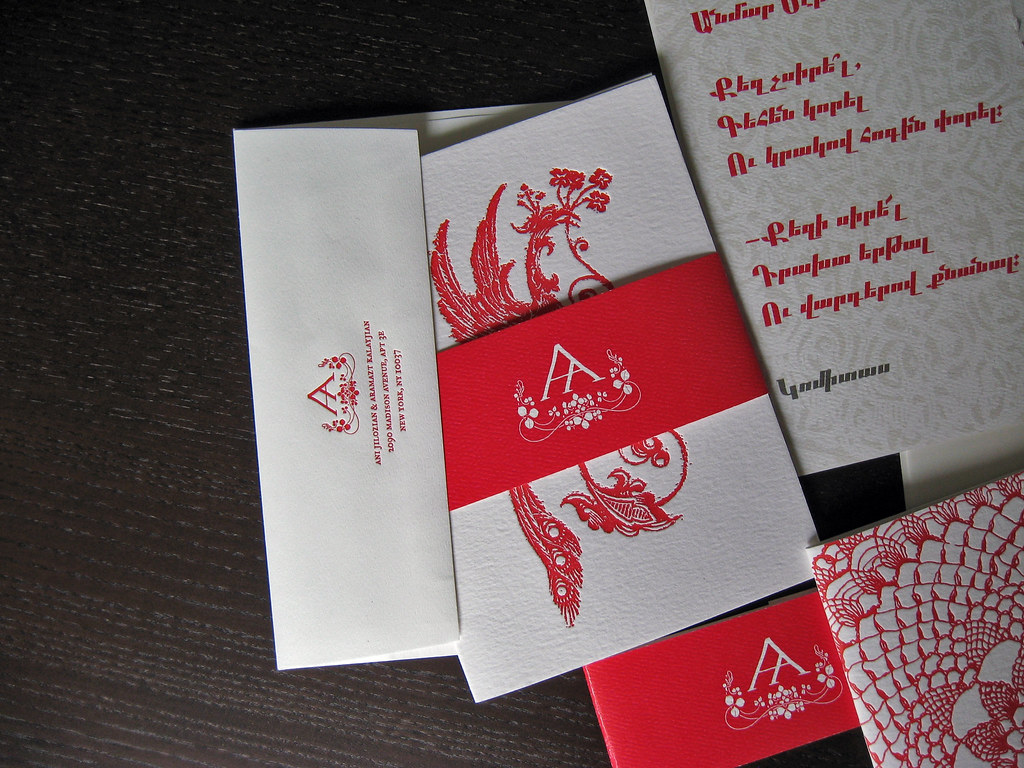
The Story of Bali's Garment Craftsmen
Bali, the alluring Indonesia's island renowned for its awe-inspiring landscapes, profound traditions, and vibrant creative environment, is not only a desired travel hotspot but additionally a hub for the flourishing clothing sector. Bali's apparel business, commonly called as the "Bali Garment," effortlessly combines blends heritage and contemporary elements, producing clothing that not only showcases the island's cultural legacy but also serves current fashion trends.
Central to the Bali Garment business rests the use of traditional textiles. Balinese traditional textiles are celebrated for their intricate designs, lively colors, and profound cultural relevance. Materials like "ikat" and "batik" hold a pivotal role within the island's textile tradition, each expressing a individual narrative through the motifs and patterns crafted or printed onto them. These fabrics surpass mere pieces of cloth; they carry Bali's past, beliefs, and traditions.
The garment trade in Bali distinguishes itself for its dedication to maintaining craftsmanship craftsmanship. Talented makers, commonly engaging within their community societies, participate in detailed procedures that metamorphose raw materials into beautiful garments. From staining and fabricating to stitching and embellishments, each step in the creation of a Bali garment serves as evidence of the commitment these craftsmen have toward their heritage.
While grounded in tradition, the Bali Garment industry possesses efficiently adjusted to the demands of the contemporary fashion landscape. Designers and entrepreneurs cooperate to incorporate time-honored textiles into modern clothing fashions, leading to distinctive pieces that are simultaneously culturally rich and fashionable. This fusion enables the business to cater to both the markets in search of traditional wear and international audiences drawn to innovative designs.
Over the past few years, the Bali Garment industry has taken remarkable strides in the direction of sustainability and ethical production. With heightened global consciousness of environmental and labor matters, a multitude of stakeholders within the industry are accepting eco-friendly materials, ethical labor practices, and fair trade principles. This commitment not only guarantees the sustainability of the industry but also conforms with the island's harmonious way of life.
Whilst the Bali Garment industry showcases noteworthy resilience and adaptability, it is not lacking its challenges. Competition from mass-produced, cheaper alternatives represents a threat to the existence of traditional practices. Furthermore, the industry is required to navigate the intricacies of intellectual property rights to defend its cultural assets from exploitation.
Nevertheless, these challenges also create opportunities to innovation and collaboration. The emergence of e-commerce and digital platforms provides a worldwide stage for Bali's unique garments. Collaborations between local artisans and international designers present novel perspectives and expand the industry's reach.
As the Bali Garment industry continues to evolve, it is vital to maintain a delicate balance between tradition and modernity. Efforts to promote education and skill development within local communities can empower the future wave of artisans to carry forward the legacy of traditional textiles and craftsmanship.
In summary, the Bali Garment industry serves as a testament to the island's capability to embrace change while honoring its cultural roots. With its harmonious fusion of tradition and contemporary aesthetics, this industry illustrates the essence of Bali's artistic and cultural heritage. While we see its journey, it is apparent that the Bali Garment is not just a piece of clothing, but a living embodiment of history, creativity, and identity.
02 Sep 2023
26 Aug 2023
25 Apr 2021
19 Sep 2021
12 Aug 2024
19 Feb 2026
05 Feb 2026
18 Jan 2026






